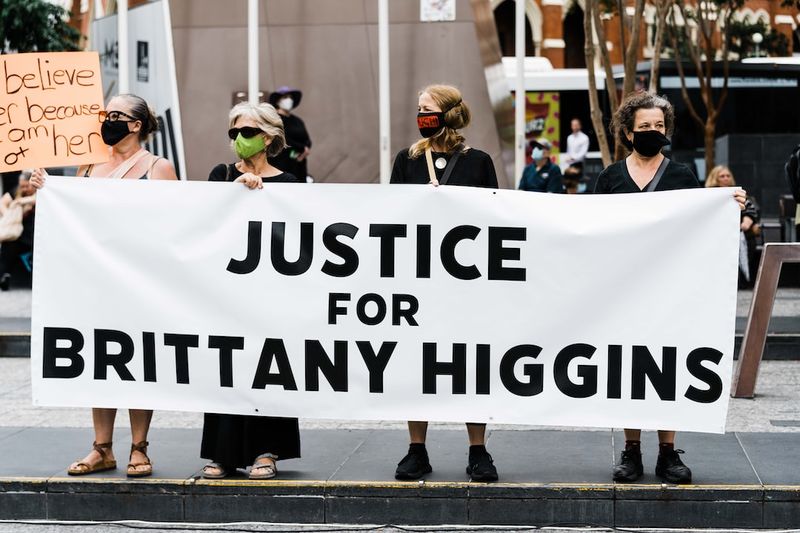Table of Contents
An Important Step Forward in the Fight Against the Death Penalty
Tanzanian Case Reflects the Changing Attitudes towards Capital Punishment
In a significant ruling, the African Court has declared that the imposition of mandatory death penalties in Tanzania is arbitrary and violates the right to life. The court’s decision marks a pivotal moment in the fight against the death penalty, opening up the possibility of saving lives that would have otherwise been lost without due consideration of individual circumstances or the context of the crimes committed.
The case involves five men who were sentenced to death following a murder that occurred in 2011. Despite their unsuccessful appeals against their judgment and sentence, they decided to bring the case to the African Court. While the court found that the men had received a fair trial and affirmed their guilt, it also recognized the flaws in the Tanzanian law that automatically imposed the death penalty for murder. The court deemed this practice as contradictory to fairness, judicial independence, and the right to life.
Mandatory Death Penalty: A Violation of Human Rights
The African Court’s ruling clearly establishes that the imposition of mandatory death penalties is a violation of the fundamental right to life. It rightly recognizes that such penalties undermine the principles of fairness and judicial independence, denying judges the discretion to consider alternative punishments.
The court’s judgment aligns with the evolving global consensus against the death penalty. The use of capital punishment has been steadily declining worldwide, with an increasing number of countries abolishing it altogether. The African Court’s decision adds to the growing body of jurisprudence that questions the legitimacy of mandatory death penalties.
A Path Towards Justice and Dignity
The African Court’s ruling not only grants the five men a fresh opportunity to present their case for a reconsideration of their sentence but also compels Tanzania to revise its legislation within a year, removing the mandatory imposition of the death penalty.
This decision represents a significant step forward in the pursuit of justice and dignity for all. It recognizes that capital punishment, particularly executions by hanging, inherently involve cruel, inhuman, and degrading treatment. By demanding the removal of mandatory death penalty provisions from Tanzanian law, the African Court reaffirms the value of human life and acknowledges the potential for reform and rehabilitation.
An Editorial: Criticisms and Concerns
A Step, but Many More to Take
While the African Court’s ruling is commendable, the fight against the death penalty is far from over. It is crucial to address the concerns that remain even after this landmark decision.
Firstly, the court’s ruling only pertains to Tanzania and does not reflect a wider abolition of the death penalty throughout Africa. Each country must individually assess its legislation and make the necessary changes to align with international human rights standards.
Furthermore, the effectiveness of this ruling hinges on Tanzania’s commitment to implementing the court’s order. The court’s decision to overturn mandatory death penalties will be futile if the Tanzanian authorities fail to amend the legislation or continue to carry out executions by other means.
An Opportunity for Greater Dialogue and Advocacy
The African Court’s ruling provides a platform to initiate a broader conversation on the efficacy and morality of capital punishment. It encourages countries across Africa to reevaluate their own laws and practices and consider alternative approaches to justice.
This decision should also invigorate human rights organizations and activists to amplify their efforts in calling for the universal abolition of the death penalty. It showcases the tangible impact that legal advocacy can have in promoting human rights and challenging unjust laws.
Conclusion: A Call to Action
In conclusion, the African Court’s judgment represents a significant milestone in the global fight against the death penalty. By highlighting the inherent flaws and human rights violations of mandatory death penalties, the court sets a precedent for other countries to reexamine their own legislation.
However, this ruling should not be seen as an endpoint but rather as a catalyst for further action. Governments and human rights organizations must seize this opportunity to engage in dialogue, advocate for change, and push for the total abolition of the death penalty. Only by doing so can we truly ensure justice and dignity for all individuals.

<< photo by Stewart Munro >>
The image is for illustrative purposes only and does not depict the actual situation.
You might want to read !
- Safeguarding Equality: The Battle against Forced and Early Marriage in Mali
- Injustice Unveiled: The Mistreatment of an Immigrant in Tanzania’s Judicial and Prison System
- Protecting the Ogiek: Preserving the Rights of Kenya’s Indigenous Community
- Saudi Arabia’s Broken Promise: Imminent Execution of Juveniles Highlights Violation of Death Penalty Abolition
- Iran: Record High Number of Executions Raises Alarming Concerns